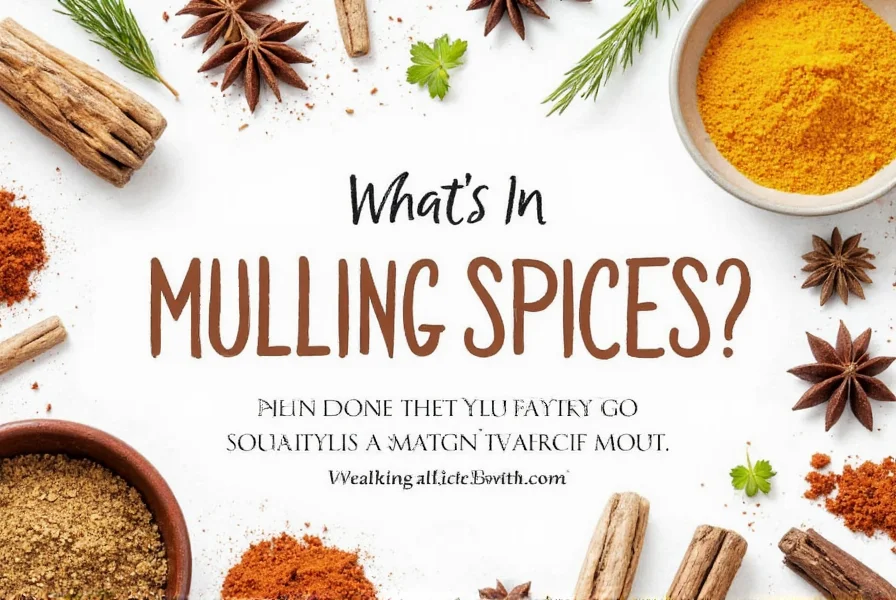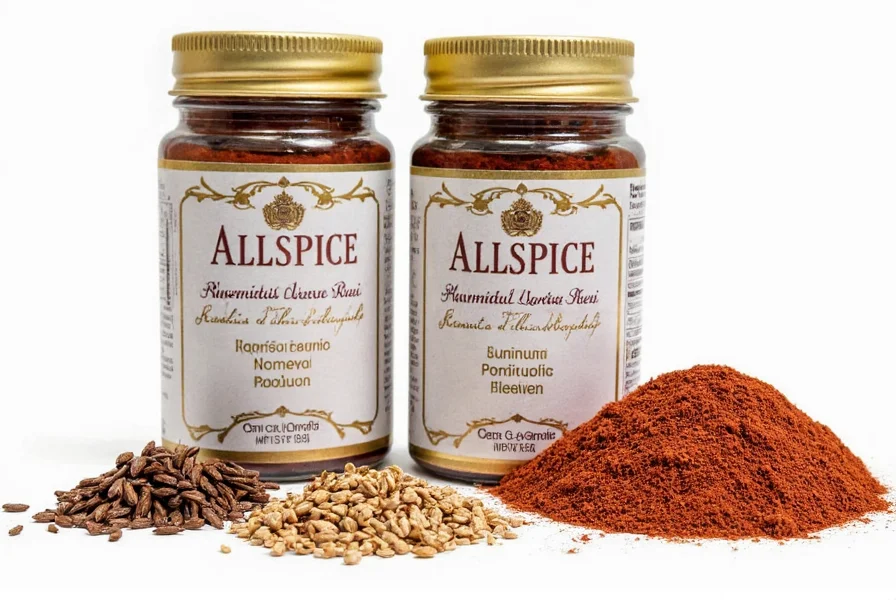| Regional Term | pimienta gorda |
|---|---|
| Literal Meaning | Fat pepper |
| Common Regions | Spain, Mexico, most of Latin America |
| Alternative Names | pimienta de Jamaica, Jamaica pepper |
What Is Allspice in Spanish?
When searching for "allspice en español", the most critical information is the accurate Spanish term to avoid confusion. Contrary to common belief, "jamaica" in Spanish-speaking countries refers to hibiscus tea (flor de Jamaica), not allspice. This misunderstanding frequently leads to purchasing the wrong spice at markets.
The correct Spanish term for allspice is pimienta gorda (literally "fat pepper") or pimienta de Jamaica (Jamaica pepper). These terms are used consistently across Spanish-speaking regions to distinguish it from black pepper ("pimienta negra") and hibiscus tea ("jamaica").
Regional Variations and Common Mistakes
While "pimienta gorda" is universally understood, here's how to navigate regional nuances:
- Mexico: Always ask for "pimienta gorda" or "pimienta de Jamaica". Never say "jamaica"—this refers exclusively to hibiscus tea.
- Spain: "Pimienta gorda" is standard. Some specialty stores may use "pimienta de Jamaica".
- Caribbean (Puerto Rico, Dominican Republic): "Pimienta gorda" is common, but locals may also say "pimienta de Jamaica".
- Central/South America: Consistently "pimienta gorda". In Colombia and Venezuela, you might hear "pimienta de Jamaica" in markets.
Key Mistake to Avoid: In Mexico, "jamaica" is hibiscus tea (used for agua de jamaica). If you ask for "jamaica" when seeking allspice, vendors will hand you dried hibiscus flowers, not the spice. This confusion is so common that many Spanish-language cooking resources explicitly warn about it.
How to Ask for Allspice in Spanish-Speaking Countries
Use these exact phrases to ensure you get the right product:
- "¿Dónde puedo encontrar pimienta gorda?" (Where can I find fat pepper?)
- "Necesito pimienta de Jamaica para cocinar" (I need Jamaica pepper for cooking)
- "No es jamaica, es pimienta gorda" (Not jamaica, it's fat pepper—use this if confused)

Why the Confusion Exists
The term "allspice" originated because the spice tastes like a blend of cinnamon, cloves, and nutmeg. When Europeans discovered it in Jamaica, they named it "allspice" for its complex flavor. However, in Spanish-speaking regions, the name evolved based on physical characteristics ("gorda" for its large size compared to black pepper) rather than flavor. Meanwhile, "jamaica" became associated with hibiscus due to Jamaica's historical role as a major hibiscus exporter.
Frequently Asked Questions
Is "jamaica" ever used for allspice in Spanish?
No. In all Spanish-speaking regions, "jamaica" refers exclusively to hibiscus tea. Using this term for allspice will cause confusion. Always use "pimienta gorda" or "pimienta de Jamaica".
Why do some recipes say "jamaica" for allspice?
This is a common error in English-language recipes translated to Spanish. Reputable Spanish culinary sources never use "jamaica" for allspice. Always verify with local markets or trusted Spanish-language cooking resources.
Can I substitute "jamaica" for allspice in a recipe?
No. Hibiscus tea (jamaica) has a tart, floral flavor and is used in beverages, while allspice has warm, spicy notes. Substituting them would drastically alter the dish's flavor profile.











 浙公网安备
33010002000092号
浙公网安备
33010002000092号 浙B2-20120091-4
浙B2-20120091-4